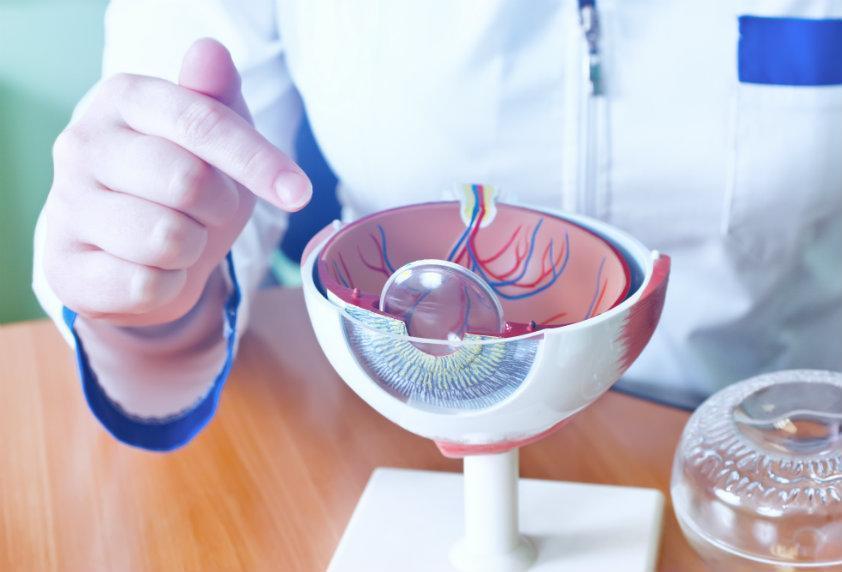As people age, it’s not uncommon for them to develop vision problems such as cataracts. Cataracts cause the lens of a person’s eyes to cloud over resulting in blurred or foggy vision. Cataract surgery can help restore loss of vision due to cataracts so people can continue to enjoy a high quality of life.
What Does Cataract Surgery Entail?
Cataract surgery entails removing the cloudy lens of a person’s eye and replacing it with a clear, intraocular lens (IOL) to improve vision. This procedure can be conducted by a professional ophthalmologist at an outpatient center or hospital and generally takes about an hour to complete. Once the IOL has been implanted into the eye, it becomes a permanent fixture that requires no extra care to function as it should.
As IOLs come in a variety of types with distinct features, patients should discuss their options with an ophthalmologist in advance to determine which lens would best suit their lifestyle. Before surgery, patients undergo testing to measure eye shape and size to help in selecting the appropriate IOL to suit their need.
Patients should also be prepared to refrain from certain prescription drugs that could interfere with their surgery, use prescription eye drops to reduce the risk of infection and fast 12 hours before their operation.
What to Expect After Cataract Surgery
Patients may experience blurry vision, itching or slight discomfort the first few days after surgery as the eyes adjust to their new lens and heal. Eye drops can help alleviate these symptoms. Patients should refrain from pressing or rubbing their eyes or putting water directly into the eye during this time as it could affect the healing process. Patients may be asked to wear a protective shield or eye patch for several days after surgery and as they sleep to help with recovery.
Regular checkups should be scheduled with an eye doctor after surgery to monitor healing. Within a week, patients should see a drastic improvement in their vision to include a clearer perception of colors. Despite improvement in vision, complete healing may take up to two months. Symptoms of pain, eye irritation or redness, light flashes or loss of vision should be reported to their eye doctor right away.
Is Cataract Surgery Necessary?
Eye doctors recommend cataract surgery for various reasons. Cataracts may interfere with a person’s lifestyle, making it difficult for him or her to perform basic activities or enjoy life to the full. Cataracts can also interfere with treatments of other eye conditions, increasing the risk of permanent loss of vision. Before having cataract surgery, patients should discuss their options with their ophthalmologist to get a better idea if surgery is what they need.:
